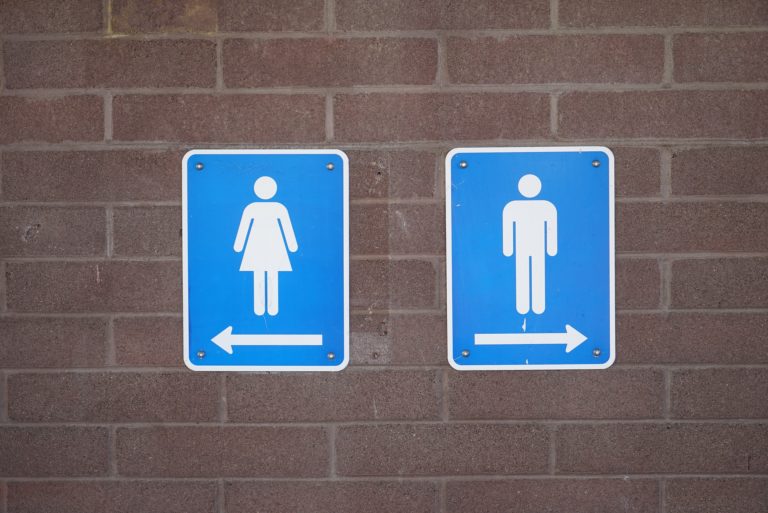Investigations Necessary
- Two tests are done together, PSA blood test and DRE.
- Screening is done if you are older than 55 years and have a family history of prostate cancer.
- PSA is a protein made only by the prostate gland. A high level of PSA can indicate other prostate diseases (not just prostate cancer).
- A low PSA is better for prostate health. High levels of PSA indicates prostate cancer.
- DRE is a 10 sec test when the healthcare provider wears a lubricated glove and inserts a finger into the rectum to feel for lumps, bumps or any abnormal thickness in the prostate.
- Doctors first try to establish that the prostate cancer has not spread beyond the prostate.
- The above is determined by comparing the results of the biopsy and PSA results.
- Further testing may include CT scan, bone scans, MRI scans and ultrasound.
- If cancer has not spread the surgeon might offer other options besides surgery.
- The other options could include radiation therapy, hormone therapy, or simple observation giving antibiotics.
Diagnosis
- The above investigations will help the doctor to diagnose the disease.
- The above results will help the doctor to decide which of the above mentioned surgeries should be adopted to cure the problem.
- The high risk of cancer spread is observed , in such cases lymph node dissection may also be considered.
- The patient will be asked to fill an IPSS questionnaire.
- This is followed by a physical examination.
- Digital rectal examination, where he inserts his finger into the rectum to check for your prostate enlargement.
- Urine test follows to help rule out an infection or other conditions that can cause similar conditions.
- A blood test that can indicate kidney problems.
- Prostate Specific Antigen (PSA) blood test, the increased levels of which indicate an enlarged prostate.
- Urinary Flow Test wherein a machine is attached to the urethra to measure strength and flow of urine flow (Uroflowmetry and Urodynamics)
- Post-void residual volume test measures whether you empty your bladder completely. This test is done using ultrasound or by inserting a catheter into your bladder.
- 24-hour voiding diary which records the frequency and amount of urine.
Text Credits: UrologyHealth.org
Contact 080 28483939 for more information on Prostate Cancer Screening at our Specialized Clinic, ReSCUE Urology Hospital in Bangalore, Kengeri.



